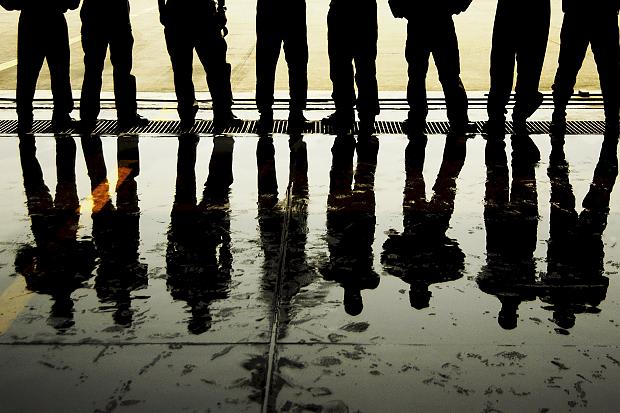Impose an arms embargo on warring parties in Yemen
Impose an arms embargo on warring parties in Yemen

The brutal murder of Saudi journalist Jamal Khashoggi was enough to convince Germany to suspend arms sales to Saudi Arabia. Before that, the Netherlands had already adopted a restrictive export policy. That's a good thing, but what's bizarre is that despite four years of war in Yemen and export criteria which should make it impossible, European arms continue to stream into Saudi Arabia in huge quantities.
Twenty years ago agreements over the export of arms were concluded at EU level. Clear criteria were agreed, criteria which had to be met before permits could be issued for the export of military materiel. The devastating war in Yemen – continual war crimes, tens of thousands of deaths, millions of refugees, and illegal blockade, famine, an unprecedented outbreak of cholera – make it painfully clear that this system isn't working.
EU member states are not allowed to supply arms to a country if a clear risk exists that these will be used in the perpetration of serious violations of international humanitarian law. The export criteria also stipulate that an export licence must be refused by any member states for military goods whose supply could result in armed conflicts being provoked or prolonged. In Yemen, however, cold economic and geopolitical interests take precedence, and innocent Yemenis are paying the price in their blood.
Since the Saudi air raids on Yemen began in Match, 2015, tens of billions of euros' worth of weapons have been exported there, arms which have in some cases been immediately deployed against civilians. Many are American products, but EU countries including Britain, France, Spain, Germany and Italy have been responsible for the supply of billions of weapons to Saudi Arabia and other countries of the coalition, such as the United Arab Emirates. Despite the restrictive policy, military materiel from the Netherlands has also found its way to the coalition countries.
All parties to the conflict in Yemen are guilty of atrocities, but prime responsibility for the mass of war crimes and abuses of human rights is without doubt the coalition under the leadership of Saudi Arabia. This was recently confirmed by an investigation by the UN Human Rights Council. Both Amnesty International and Human Rights Watch also point emphatically at Saudi Arabia, which knowingly attacked civilian targets and used hunger as a weapon against the Yemeni people. According to the UN, in the short term 14 million people, half of the population, are dependent for their survival on food aid.
The only suitable reactions to the atrocities committed in Yemen are an arms embargo on all warring parties, and targeted measures against war criminals, preferably from the UN Security Council and the European Union, but if necessary at national level. The Netherlands must set a good example in this. It's inexplicable that such steps have still not been taken.
Less far-reaching, but not unimportant, is the establishment of an independent commission to monitor arms exports to ensure that they fulfil EU criteria. In such a commission legal specialists and arms experts would advise countries about their proposed exports of military materiel. This won't put an immediate stop to this trade in death, but could help to ensure that countries don't simply get away with it if they pretend that once again delivering bombs to Saudi Arabia is not problematic because it's in line with the export criteria.
Khashoggi's murder, which must be subject an an independent investigation conducted by the UN if it isn't to be quietly forgotten or misused for a squalid geopolitical deal, has led several EU member states to reevaluate their relations with Saudi Arabia. Recent years had already supplied reasons enough, but better late than never. It is to be hoped that such reevaluations will contribute to ending the war in Yemen. If the west really wants this, and ceases talking as if everything were all right when it is clearly not, it should be able to exercise enough influence to achieve it.
Let the Netherlands use its current membership of the UN Security Council, the highest international body concerned with war and peace, strive for this goal.
Sadet Karabalut
